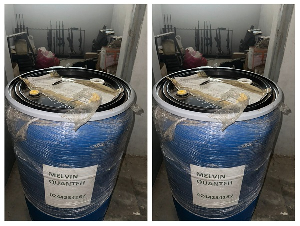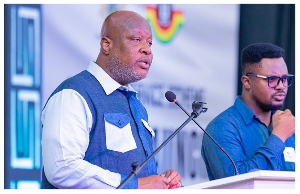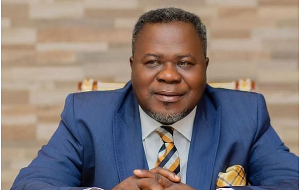 President Nana Addo Dankwa Akufo-Addo and Chinese President Xi Jinping
President Nana Addo Dankwa Akufo-Addo and Chinese President Xi Jinping
China and Ghana established diplomatic relations on 5th July 1960. The founding fathers of the two new-born republics laid a solid cornerstone for the development of the bilateral ties.
In recent years, fruitful achievements have been made in various fields of bilateral cooperation, especially under the framework of China-Africa Cooperation Forum.
Though, China and Ghana had big ambitions when, we both started diplomatic relationship in 1960. Today China has unveiled her 14th five (5) year tech master plan but what could this mean to the future of Ghana and her relationship with China.
Unlike Ghana, China has unveiled the first glimpses of its super economic plans for the next five (5) years on March, 5, 2021, promising her citizenry to build the nation into a technological powerhouse as it emphasized quality growth over speed.
The Communist Party’s Central Committee has stressed the need for sustainable growth and also pledged to develop a robust domestic market. The communique published by state media following a four-day closed-door meeting didn’t specify the pace of growth policy makers would target.
Over the past six decades, Ghana’s cooperation with China have been tested but become more robust and diverse, touching practically all conceivable spheres of development especially under the leadership of Ghana's President Nana Addo Dankwa Akufo-Addo and Chinese President Xi Jinping; notably trade and investment, culture, education, politics, economics, among others.
The two countries have recorded significant achievements that deserve acknowledgment. Notably, Ghana was one of the earliest and consistent advocates and supporters of the admission of China into the United Nations Organization and later a permanent member of the UN Security Council.
It was Ghana, and indeed our ex-President J.A. Kufuor, at the time, a deputy Foreign Minister, who cast the historic vote at the United Nations General Assembly for the admission of the People's Republic of China to the United Nations in 1971.
This singular act paved the way for the acceptance of the People's Republic of China into the international comity of nations and restored its legitimacy as the only true representative of China to the United Nations.
Despite the great strides of these two nations, the Chinese government released phase one of the funding for a substantial road construction project in Ghana as part of a $ 2 billion infrastructure deal which gave Beijing access to the Ghana’s reserves of bauxite, interestingly, this happen to be a very crucial source of aluminum.
Many will remember this deal, as China continues to pursue economic supremacy, criticism from environmental activists, political opposition and international government investment partners with a new report from risk consultancy EXX Africa highlighting a lack of transparency and increasing threat to debt sustainability.
A Chinese delegation led by Vice Premier Sun Chunlan agreed to release the first tranche of funding, worth $649 million, for nationwide road construction projects following bilateral talks with Ghanaian Vice President Mahamadu Bawumia.
Projects under phase one have been sanctioned by China Export and Credit Insurance Corporation, known as Sinosure, with six further projects due to be confirmed by year-end.
As part of a memorandum signed between the two nations last year, Beijing will finance $2 billion worth of rail, road and bridge networks, and in exchange, China will be granted access 5% of Ghana’s bauxite reserves.
But there is more Ghana can profit from China than just loans for road construction. The future of Ghana must be technologically driven. Our elders say, “it is rare to find a business partner who is selfless. If you are lucky it happens once in a lifetime.” Empowering our youthful generation with technologically driven skills could be one of our best profit from our relationship with China.












